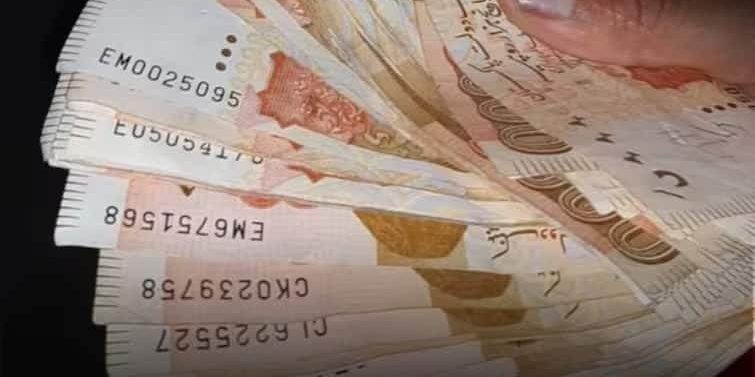
Plastic currency: Pakistan, which is facing an economic crisis, has taken a big decision regarding its currency. This decision is similar to India's demonetization. However, the decision to change the notes will be implemented in a completely different way. This has already been announced so that people can become aware of it. State Bank of Pakistan Governor Jamil Ahmed has said that by December, all the paper notes in circulation in the country will be replaced by polymer plastic notes. This will end the problem of fake notes.
New plastic notes will be redesigned, security features will also be enhanced
Jameel Ahmed told the Senate committee that the new plastic notes will be redesigned. Apart from this, it will include new security features and holograms. He said that new notes of Rs 10, Rs 50, Rs 100, Rs 500, Rs 1000 and Rs 5000 will be issued. Sources in the Senate committee said that the old notes will not be taken out of circulation immediately. They will be allowed to run for 5 years. After this, they will be gradually taken out of the market.
Australia first introduced such notes in 1998.
The governor of the State Bank of Pakistan said that the central bank is experimenting with new polymer plastic banknotes. These notes will be given to the people for use. If there is a good response, all the notes will be made of plastic. Polymer plastic banknotes are currently in use in 40 countries. It is said that counterfeiting them is a very difficult task. Australia first introduced such notes in 1998.
5000 rupee notes to continue despite corruption allegations
Apart from this, Jameel Ahmed clarified that 5000 rupee notes will continue to be used in Pakistan. The central bank has no plans to discontinue it. Voices were being raised against this big note in Pakistan. Senate member Mohammad Aziz had said that it is easy to commit corruption through such a big note. But, the State Bank Governor said that at present we need 5000 rupee notes.
 look news india
look news india